
U.S. Department of Transportation
The mission of the U.S. Department of Transportation (DOT) is to ensure our Nation has the safest, most efficient and modern transportation system in the world, which improves the quality of life for all American people and communities, from rural to urban, and increases the productivity and competitiveness of American workers and businesses.
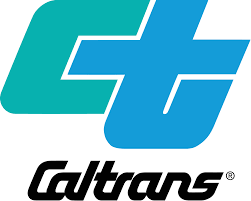
California Department of Transportation
Caltrans manages more than 50,000 miles of California's highway and freeway lanes, provides inter-city rail services, permits more than 400 public-use airports and special-use hospital heliports, and works with local agencies. Caltrans carries out its mission of providing a safe, sustainable, integrated and efficient transportation system to enhance California's economy and livability, with six primary programs: Aeronautics, Highway Transportation, Mass Transportation, Transportation Planning, Administration and the Equipment Service Center.
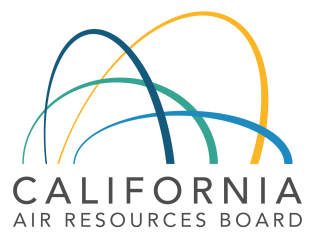
California Air Resources Board
The California Air Resources Board (CARB) is charged with protecting the public from the harmful effects of air pollution and developing programs and actions to fight climate change. From requirements for clean cars and fuels to adopting innovative solutions to reduce greenhouse gas emissions, California has pioneered a range of effective approaches that have set the standard for effective air and climate programs for the nation, and the world.
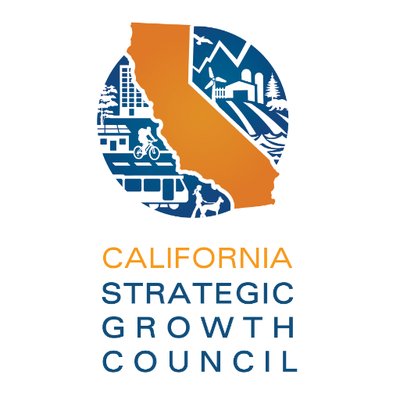
California Strategic Growth Council
The Strategic Growth Council (SGC) was established in 2008 to coordinate state agency activities in supporting the planning and development of sustainable communities. The SGC also administers a suite of grant programs funded through the California Climate Investments - a statewide initiative that puts billions of Cap-and-Trade dollars to work reducing greenhouse gas emissions while providing a variety of other impactful benefits - particularly in disadvantaged communities. To date, the SGC has invested over $775 million in projects that strengthen the economy, ensure social equity, and enhance environmental stewardship across the state.
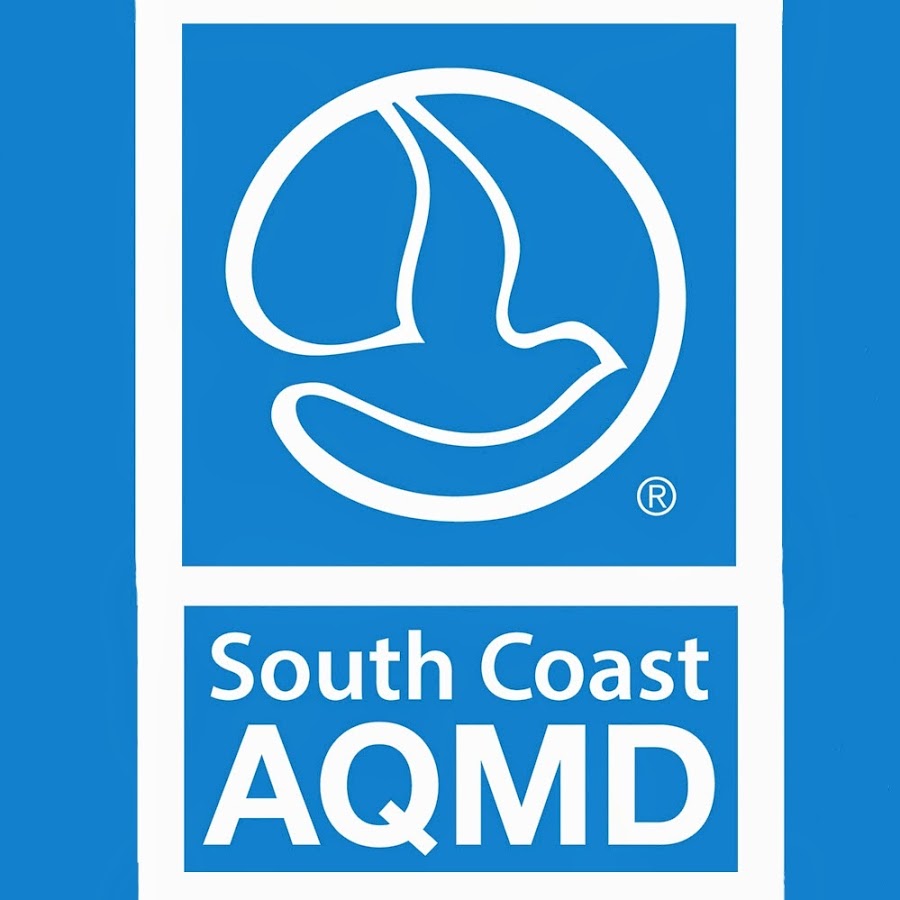
South Coast Air Quality Management District
South Coast AQMD is the regulatory agency responsible for improving air quality for large areas of Southern California which are home to more than 17 million people–about half the population of the entire state of California. The stated mission of the South Coast AQMD is to clean the air and protect the health of all residents in the South Coast Air District through practical and innovative strategies.
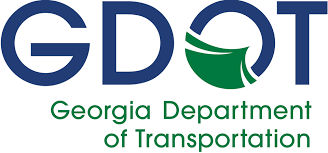
Georgia Department of Transportation
The mission of the Georgia DOT is to deliver a transportation system focused on innovation, safety, sustainability and mobility. Goals of the state agency include investing in safety for Georgians, efficiently managing previously built infrastructure, delivering all projects on time and on budget, and investing to improve reliability, congestion, and connectivity.
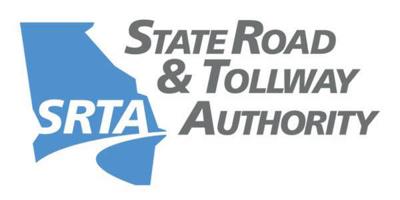
Georgia State Road & Tollway Authority
The Georgia State Road and Tollway Authority (SRTA) is a state-level, independent Authority created by the Georgia General Assembly to operate tolled transportation facilities within Georgia and act as the transportation financing arm for the State. SRTA manages the collection of tolls on Georgia’s Express Lanes System through the use of Peach Pass, the state’s all-electronic tolling technology.
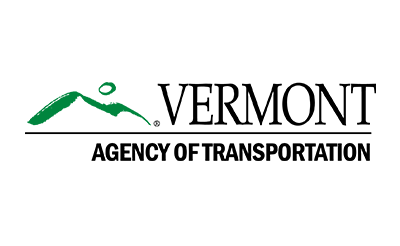
Vermont Agency of Transportation
The Vermont Agency of Transportation (VTrans) plans, develops, implements, and manages a statewide transportation network - including roads, bridges, railroads, airports, park-and-rides, bicycle and pedestrian facilities, and public transportation facilities and services.
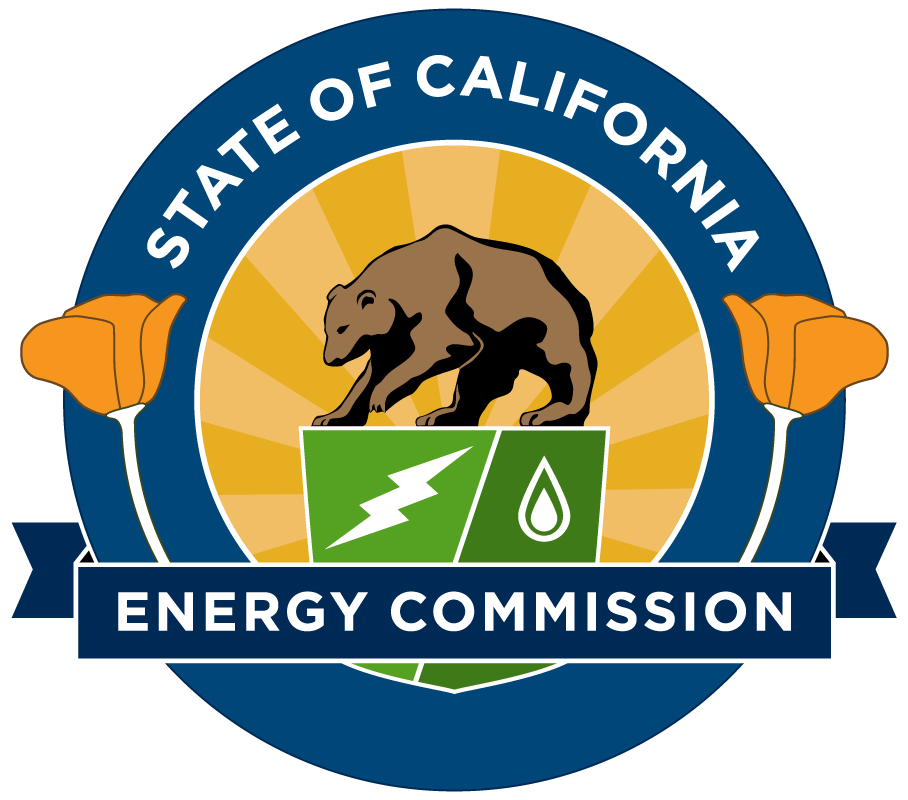
California Energy Commission
The California Energy Commission is leading the state to a 100 percent clean energy future. As the state's primary energy policy and planning agency, the Energy Commission plays a critical role in creating the energy system of the future - one that is clean, is modern, and ensures the fifth largest economy in the world continues to thrive.
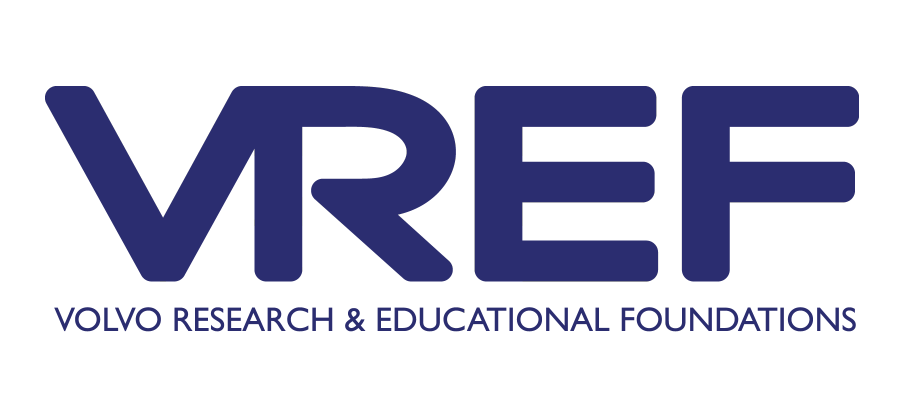
Volvo Research & Educational Foundations
The Volvo Research and Educational Foundations (VREF) is the collective name under which four foundations collaborate to finance research and education in the areas of transportation, environment and energy. VREF invests in programs and projects that support the development of new ideas and solutions that can contribute to equitable access and sustainable urban transport and contributes to the dissemination and implementation of research findings among university researchers, practitioners, decision makers, and other relevant stakeholders.
